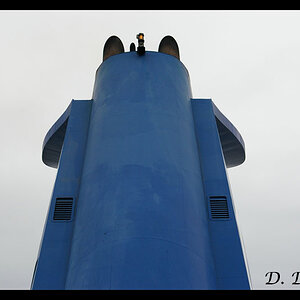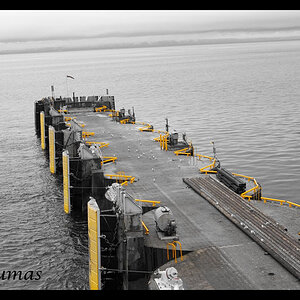jhermes
TPF Noob!
- Joined
- Jul 29, 2010
- Messages
- 64
- Reaction score
- 1
- Location
- USA
- Can others edit my Photos
- Photos OK to edit
I'm going on a trip to West Virginia and I hoped to shoot star trails at one point. My original plan was to do about an hour long exposure on Velvia 50, but after some research I discovered that the Velvia has issues with long exposures, and the ISO might be too low to capture enough stars. I also have four rolls of Fujicolor 200 (not Superia - I bought this because it was so inexpensive), two of Fuji Pro 400H, and one of Kodak Tmax 400. Which film would be a better choice specifically for my star trail shots I'm trying to get? I'm thinking about using the Pro 400H, but I'm not entirely sure. Any advice is really appreciated. If this is important, I'm shooting with a Minolta SRT-201 with a 50mm f/1.7 lens.


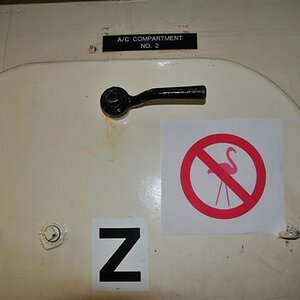
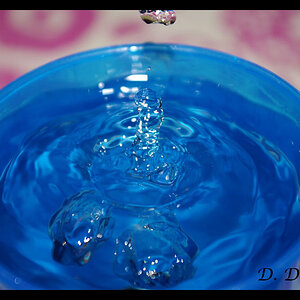
![[No title]](/data/xfmg/thumbnail/31/31015-dc3b950337aa798fec947c782fff2e35.jpg?1619734570)
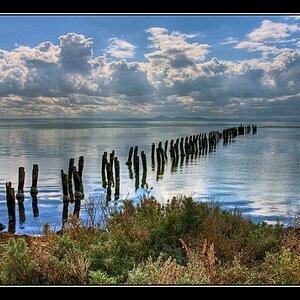
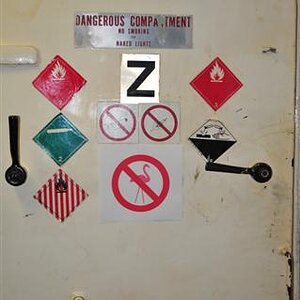
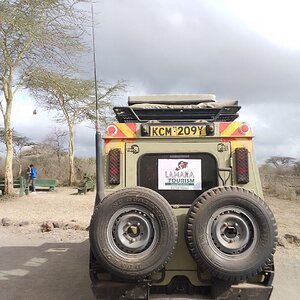
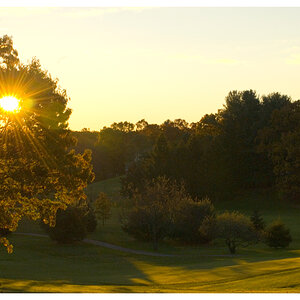

![[No title]](/data/xfmg/thumbnail/42/42058-8597ac0f687fb4007aa3ca0210936f04.jpg?1619739994)
